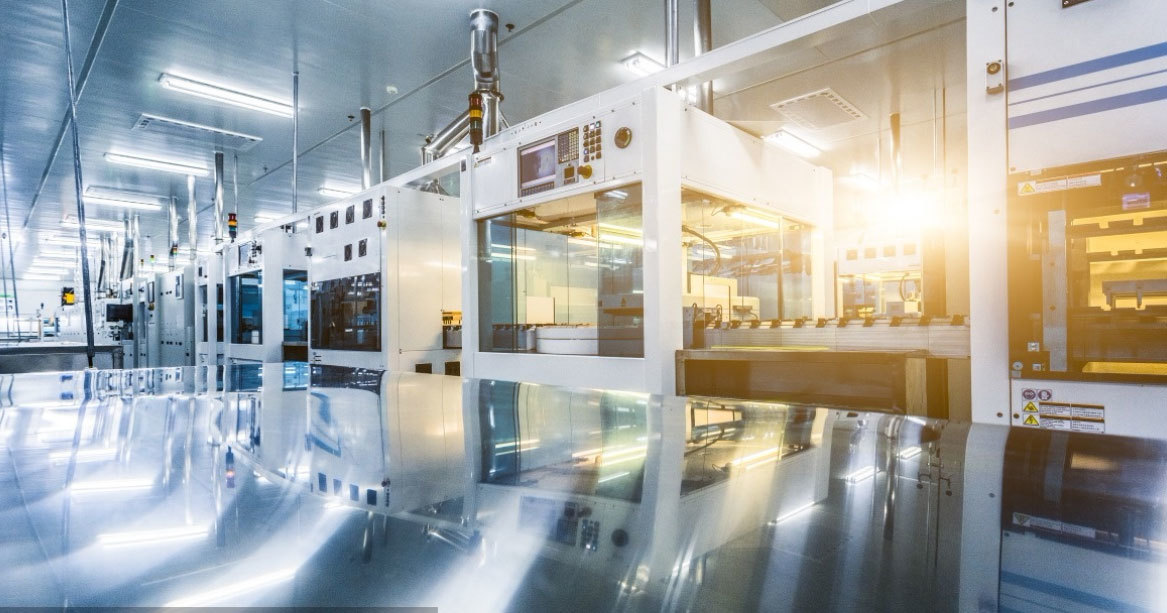Hongbao
Create a digital factory for customers
The digital factory is based on the concept of the entire value chain of factory operations. Through the control of resources and processes of the entire value chain such as customer management, business sales, R&D design, production manufacturing, quality control, supply chain management, and after-sales service, combined with lean thinking; using industrial automation technology, intelligent identification, industrial Internet, Internet of Things technology, 3D virtual simulation, cloud computing technology, industrial big data analysis, and mobile terminal applications, etc., to realize the intelligent, digital, image-based, and hierarchical real-time management of enterprises.
The digital factory digitizes the entire company's operational process, from customer orders (CRM system) to product R&D design (PLM system), raw material procurement (SCM system), and production delivery (ERP, AMRP, MES, WMS, etc.), integrating the operation control layer, on-site management layer, enterprise operation layer, and collaborative business layer into a digital enterprise circle, and gradually realizing the lean management of the entire value chain.
Hongbao integrates the new generation of information technologies such as the Internet of Things, big data, and cloud computing with various links of manufacturing activities such as design, production, management, and services, providing customers with systematic and comprehensive enterprise intelligent manufacturing transformation and upgrading solutions, comprehensively building a digital factory, and contributing to the take-off of China's manufacturing industry.
Digital Factory Project for Air Conditioner Indoor and Outdoor Units
Project Background
A leading brand in the home appliance industry plans to build the first intelligent factory for air conditioner indoor and outdoor units in Nansha, Guangzhou. Through the integration of automation and information technology, it aims to achieve an operating system with automated equipment, transparent production, intelligent logistics, mobile management, and data-driven decision-making. This system will enable interconnection between internal and external systems, virtual and real worlds, and support personalized customization and flexible manufacturing in a digital factory.
Solution Implementation
Automation Introduction
The automated production line for air conditioner outdoor units mainly includes seven parts: outdoor unit assembly section 1, outdoor unit assembly section 2, outdoor unit assembly section 3, outdoor unit inspection section, outdoor unit operation inspection, outdoor unit packaging section, and high-altitude logistics. The entire project uses over 100 robots, more than 5000 sensors, and has nearly 500 patent applications.
AGV vehicles are used for ground material handling and distribution, dispatched and managed by a central dispatch and monitoring room, which provides real-time monitoring of the feeding station.

Informationization Introduction
The system integration adopts a sliced and modular approach to minimize disruption to the client's existing systems. Standard data interaction methods are used to improve compatibility and reduce future maintenance.
The TSAMO-C2IMS platform is introduced at the enterprise, management, operation, control, and field levels to integrate the entire system informationally.

Project Implementation Results
Through spatial planning, automated production line transformation, high-altitude logistics, and the integration of an information management platform, the overall cycle time (CT) has been reduced by 20%, logistics turnover has increased by 25%, comprehensive operating costs have been reduced by 50%, production line automation has increased by 70%, space utilization has increased by at least 30%, and the overall automation rate is 60%. Big data technology provides a data foundation for enterprise operational decision-making.


